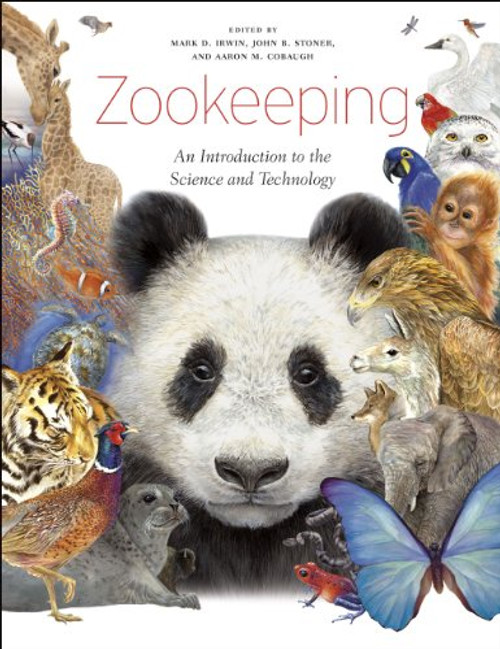Product Overview
Science and technology in totalitarian regimes is readily associated with images of abusive doctors in concentration camps or dictators controlling genetic resources. But are these cases representative of what constitutes science in totalitarian regimes, or are they anomalies? Based on a synthesis and reinterpretation of recent work, this book presents a balanced view of science in Nazi Germany and Stalin's USSR by examining how politics and culture shaped their science and technology.
Josephson argues that a transformational vision was central to science in these regimes, distinguishing their research from that done under other political systems. In the Soviet Union, biology was to be used to revolutionize agriculture, create a New Soviet Man, even to tame nature within one generation. In the Third Reich, biology was to secure agriculture self-sufficiency as well as create a nation of pure Aryan gods.
The reception of relativity theory and quantum mechanics suggests that the idealization of science resulted in extrascientific forces coming into play to determine what was good and what was bad science, eventually leading to the ostracism of physicists who embraced the new physics. In both Nazi Germany and the Soviet Union, scientists lost their jobs, were arrested, even killed for their scientific beliefs.
In the field of technology, Josephson investigates the role of the state as the prime mover in technological development and the aesthetic of gigantomania acquired by large-scale technologies in totalitarian states: gigantic structures reflecting the efforts of officials to publicly demonstrate the strength, glory, and legitimacy of the regime.







